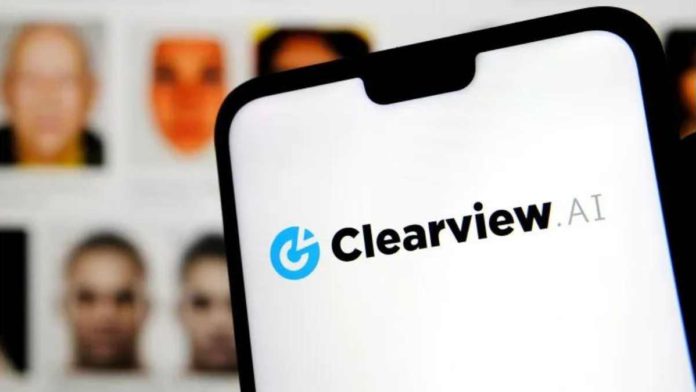Artificial intelligence-powered facial recognition technology company Clearview AI announces the launch of its new product called Clearview Consent, which is meant for commercial use.
The Clearview Consent is meant to execute various identity verification activities for commercial companies utilizing the firm’s superior FRT algorithm, according to the company.
Companies can employ Clearview AI’s highly accurate and bias-free face recognition technology (FRT) in consent-based company operations with the newly announced solution.
Read More: Intel CEO Pat Gelsinger says, Chip Shortage risks expansion
Recently the company was fined by the UK government over privacy issues related to the Clearview AI’s operations.
However, with the new consent-based approach, the company will be able to provide its services without breaching the privacy of individuals.
CEO and founder of Clearview AI, Hoan Ton-That, said, “The launch of Clearview Consent is a gamechanger – for companies and consumers alike – who value the integrity and security of their identity and assets. Facial recognition is not the wave of the future; it is our present reality. Today, FRT is used to unlock your phone, verify your identity, board an airplane, access a building, and even for payments.”
He further added that Clearview AI’s advanced, industry-leading FRT algorithm is now available to organizations that utilize facial recognition as part of a consent-based workflow, giving an improved degree of security and protection to the marketplace.
According to the company, the newly announced Clearview Consent will be sold independently to enterprises across the globe and will not be linked with Clearview AI’s existing database of over 20 billion images. Clearview Consent is intended for use in consent-based workflows and excludes the Clearview AI database, which is reserved for government use only.
“The launch of Clearview Consent helps further our mission to help combat crime and fraud. We are currently helping law enforcement agencies across the country to solve crimes after the fact, which harm many victims. Using facial recognition as a preventative measure means fewer crimes and fewer victims,” mentioned Ton-That.


